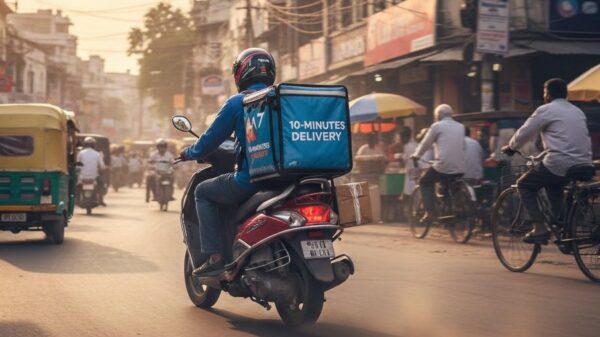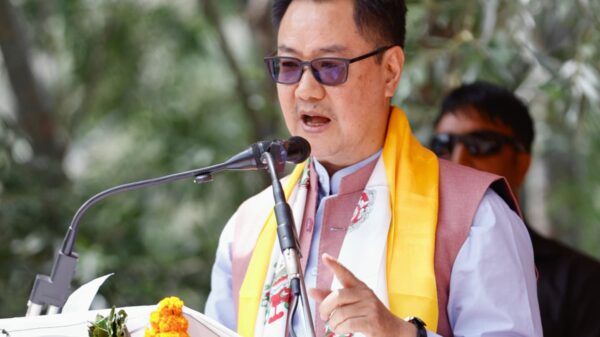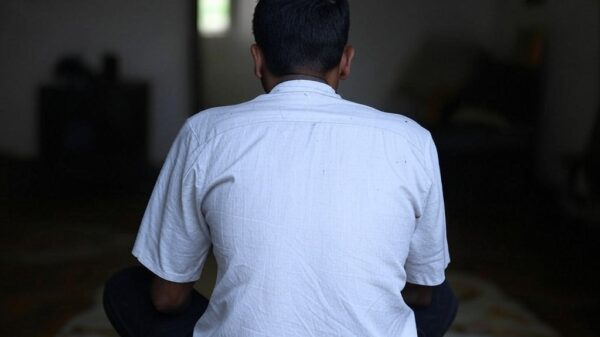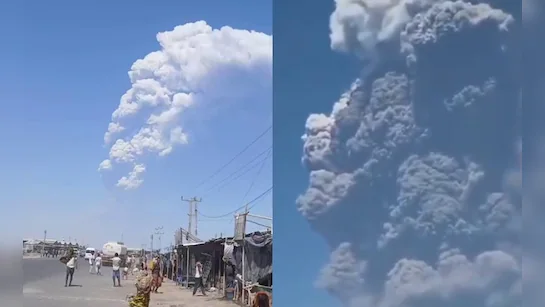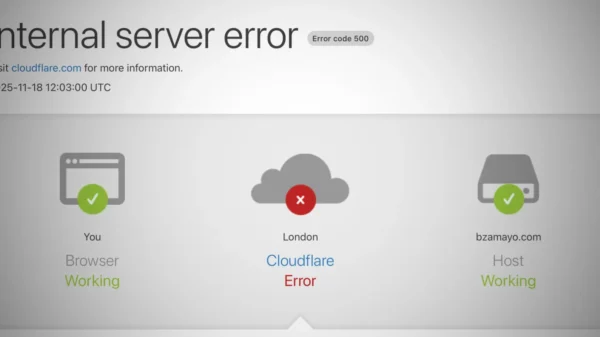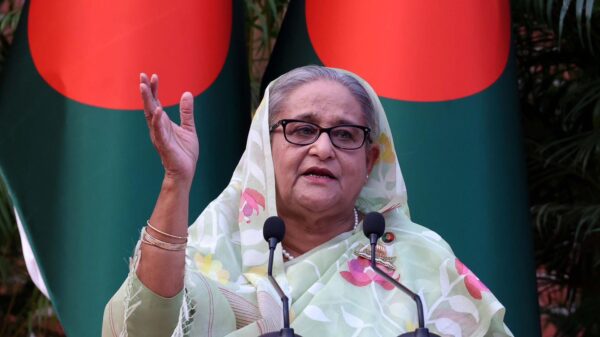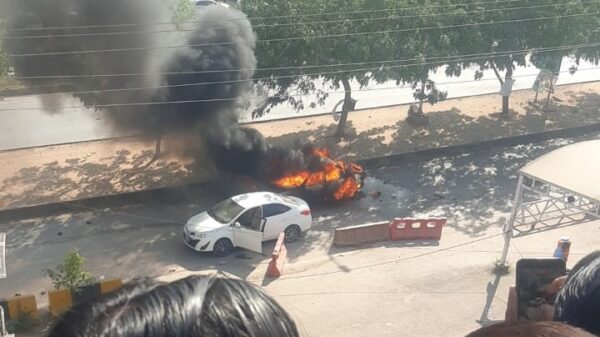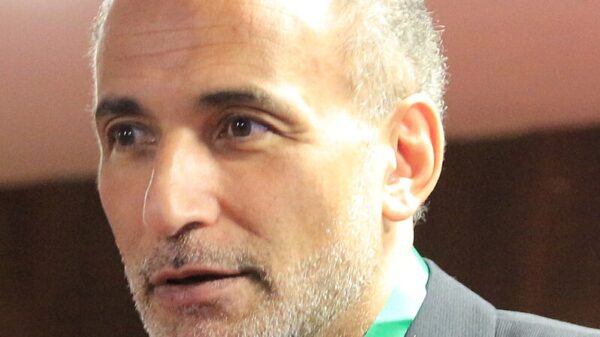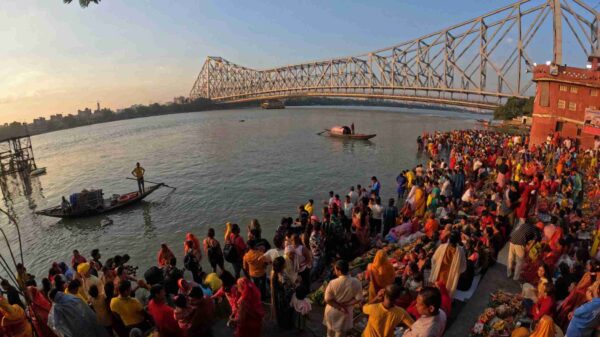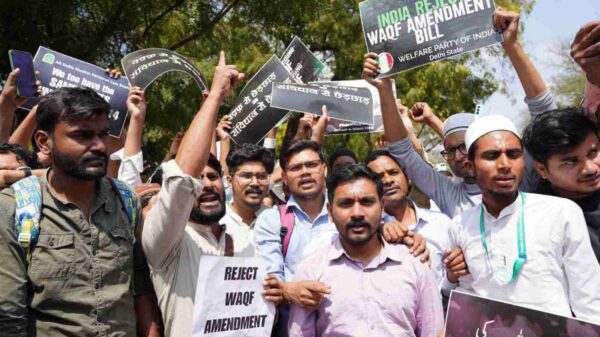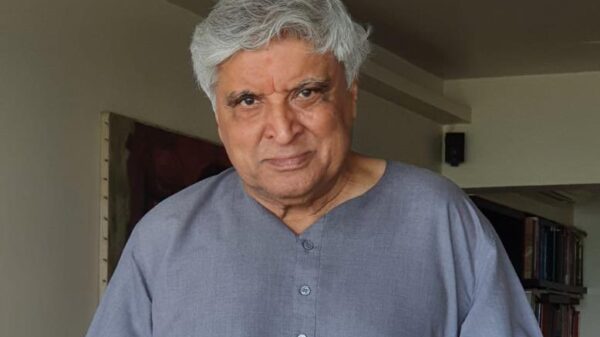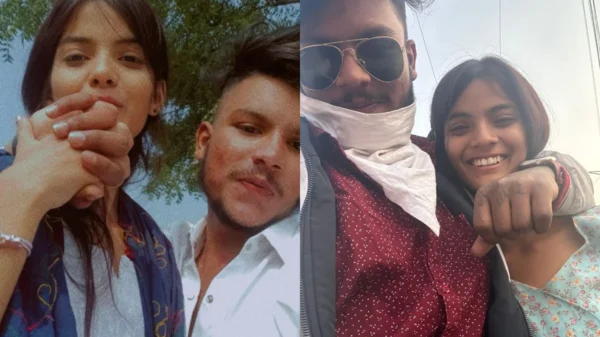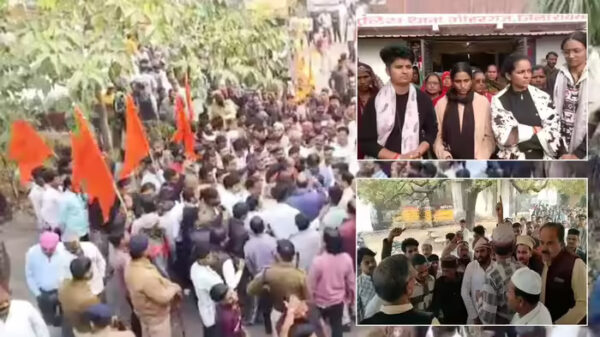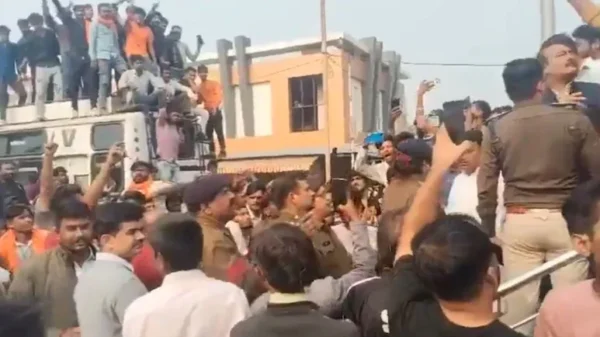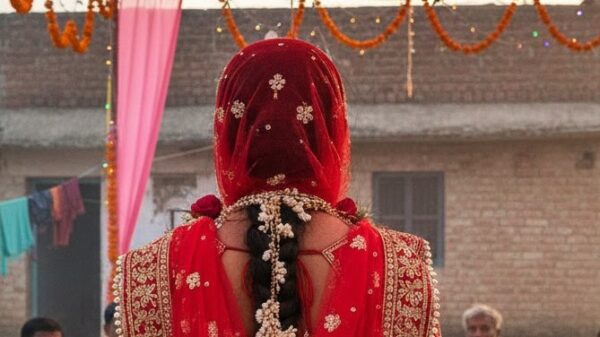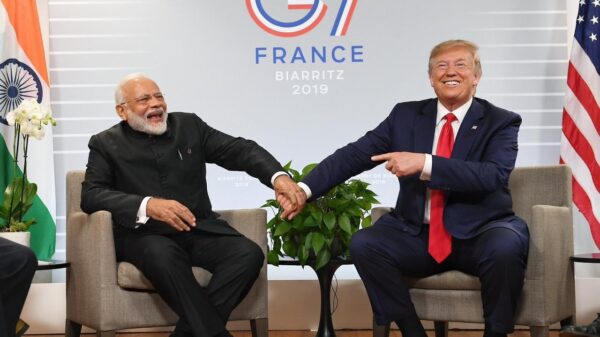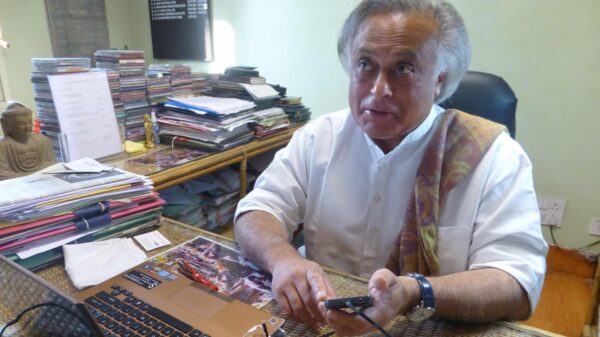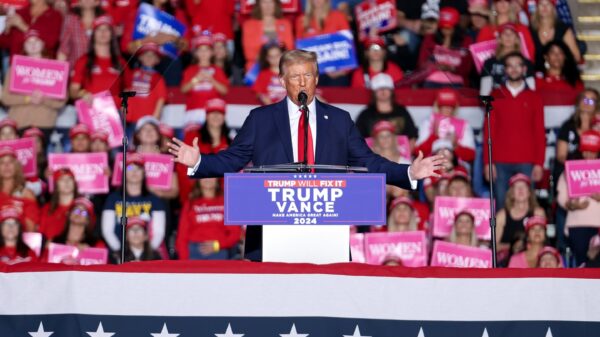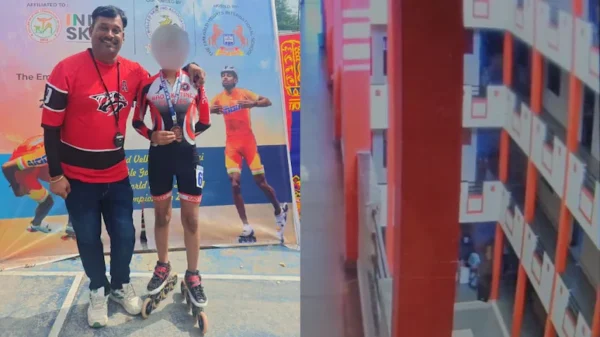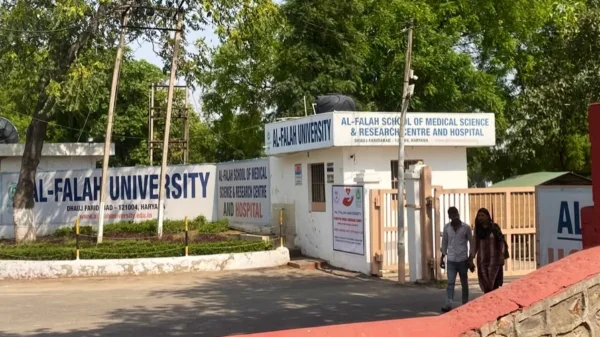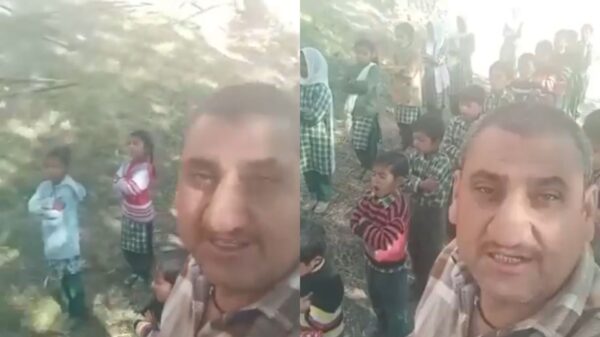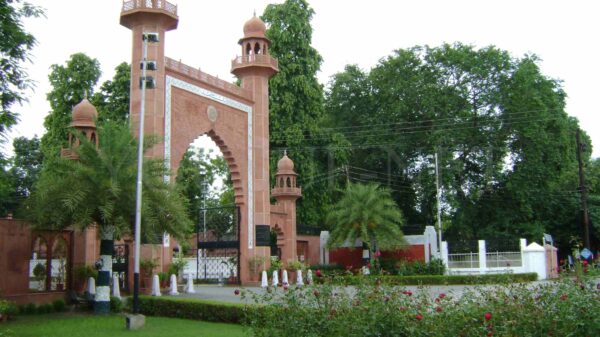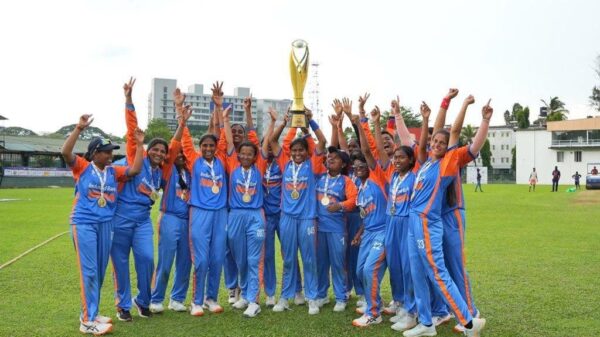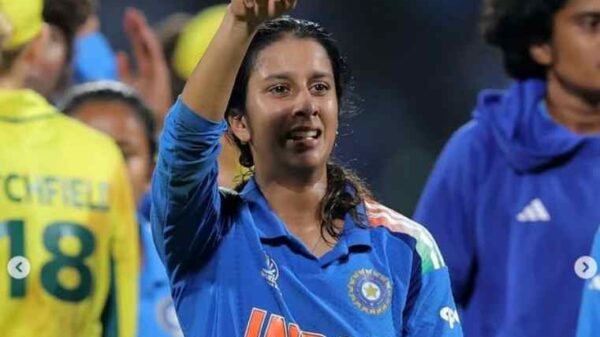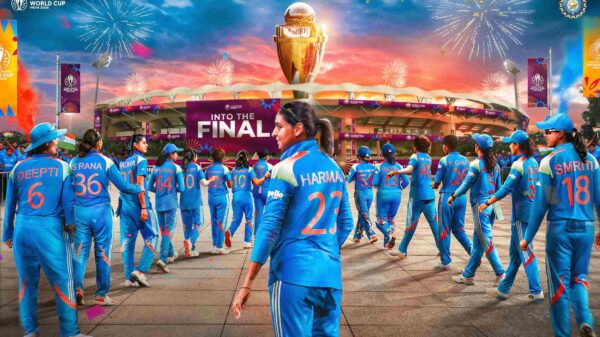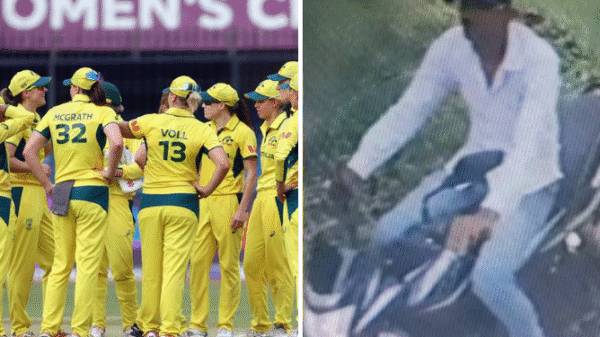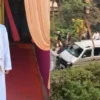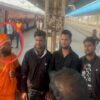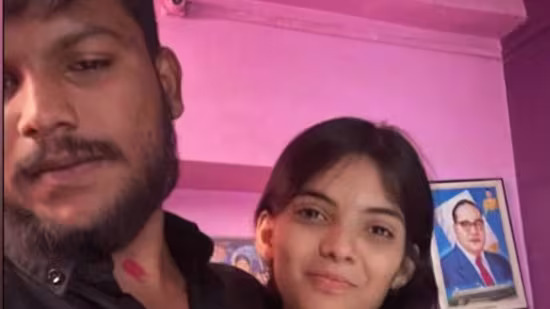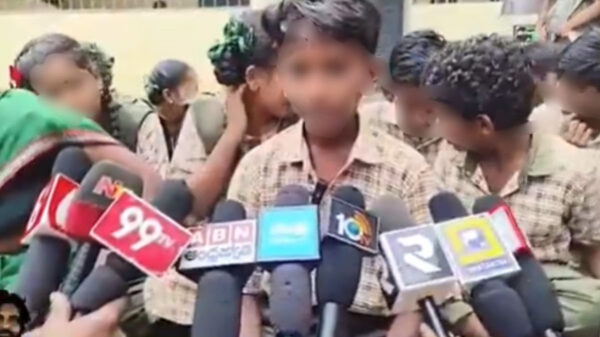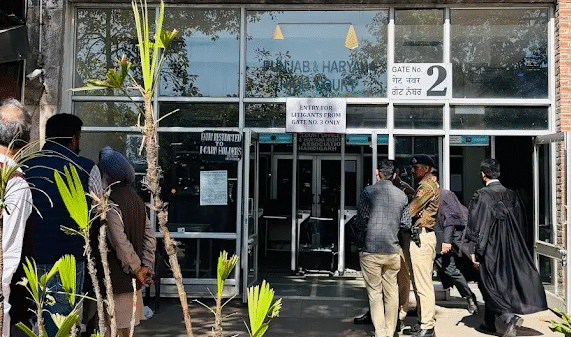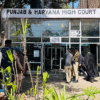The Narendra Modi-led government announced on Wednesday that it will conduct a nationwide caste census along with the upcoming population count, marking a shift from the BJP’s earlier opposition to caste-based data collection. This move comes just months before crucial elections in states like Bihar, stirring a debate between the BJP-led NDA and the Opposition over who deserves credit for the decision.
The decision is widely seen as a response to growing political pressure and changing realities on the ground. In the 1990s, the BJP had strongly opposed caste-based reservations from the Mandal Commission, famously using the slogan “Mandal ka jawab Kamandal se,” which promoted a “unified Hindu identity” over caste divisions. However, today, the BJP is spearheading a move that could change India’s social and political landscape, leading some to compare it to a “Mandal 2.0” moment.
The Opposition quickly claimed credit for the change. Rahul Gandhi, Congress leader, welcomed the decision, calling it an overdue but necessary step. He said, “We had stated in Parliament that we would ensure the caste census takes place. We had also committed to removing the 50 per cent cap on reservations.”
Congress President Mallikarjun Kharge also praised the decision, calling it long overdue and a step that his party had long advocated for.
Telangana Chief Minister Revanth Reddy, whose government conducted a caste survey earlier this year, called the move a validation of his administration’s efforts. “What Telangana does today, India follows tomorrow,” he said, noting that their survey found 56.32% of the state’s population belongs to Backward Castes.
The timing of the announcement has raised questions, with some viewing it as a political move to solidify the BJP’s support among Other Backward Classes (OBCs) while still holding onto its traditional upper-caste voter base. The BJP aims to neutralize caste-based narratives in states like Bihar and Uttar Pradesh, where caste plays a significant role in elections.
However, this move carries risks. Over the past decade, the BJP has downplayed caste divisions. A fresh caste enumeration could reignite demands for more quotas, OBC sub-categorization, and a redistribution of resources, potentially upsetting the party’s delicate balance with its upper-caste supporters.
Prime Minister Modi, who has positioned himself as an OBC leader, has long connected with non-dominant backward caste groups. Analysts suggest that the caste census may signal a new phase in Indian politics, with the potential to reshape the landscape, much like the Mandal era.






